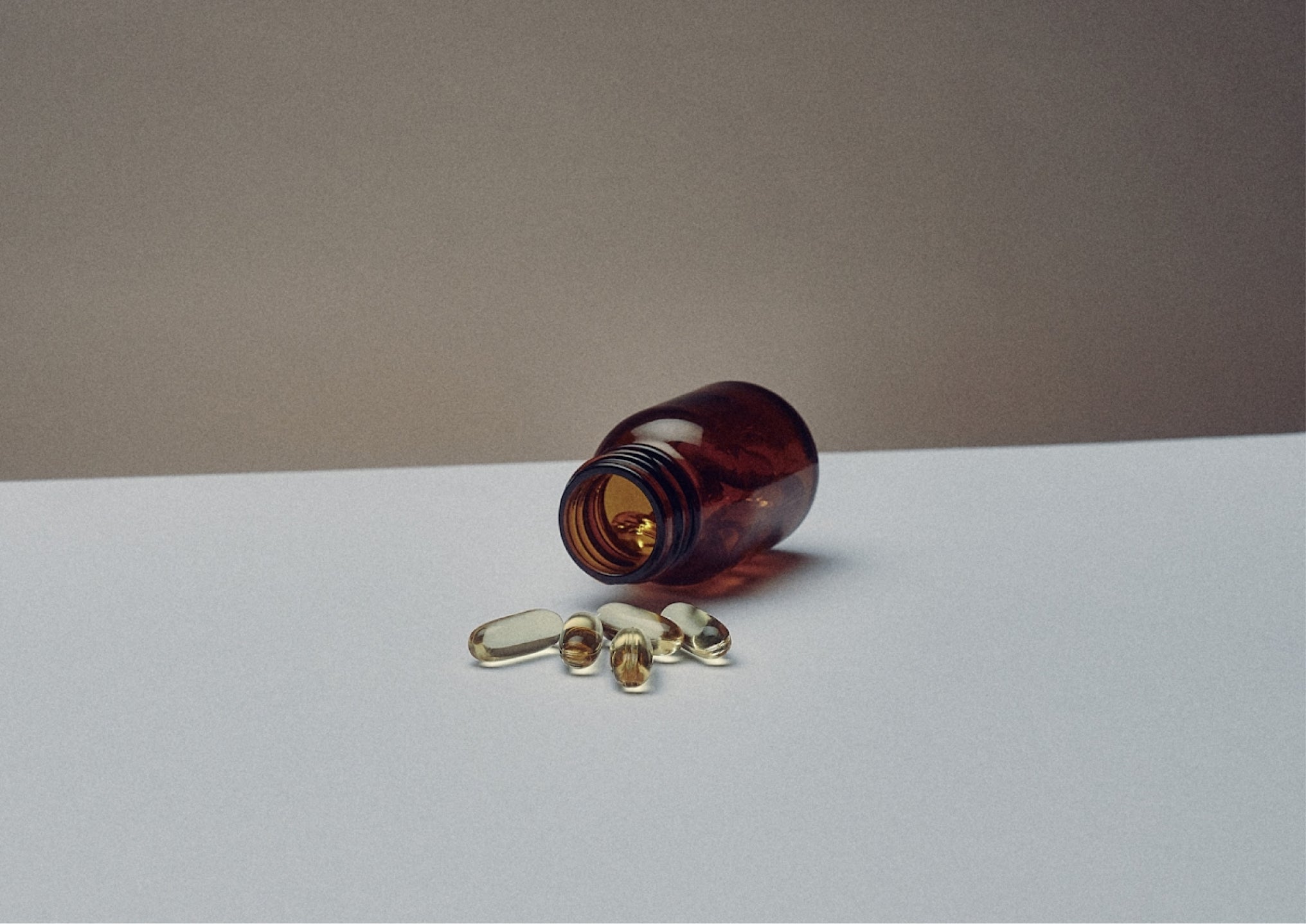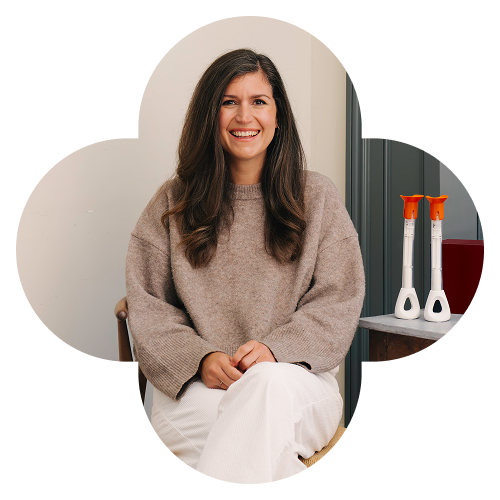CoQ10 has to be one of the most asked-about supplements here at Béa, so in true Béa style, we couldn’t resist doing a deep dive. We got curious. What’s the deal with CoQ10? Does it actually work? So many of our Béa users take CoQ10, and many of those have conceived too, so there’s probably some correlation right? Read on to find out…
Erm, WTF is CoQ10?
CoQ10 is the shorthand for coenzyme Q10, a naturally occurring antioxidant present in the body. CoQ10 is part of the chain of electron transport molecules in the mitochondria (basically, your cells). In short, CoQ10 helps provide energy to cells, and has antioxidant properties, which means it ‘scavenges’ free radicals - these are the particles in the body that are damaging to cells. It is thought that CoQ10 supports reproduction as it requires a lot of energy, thus the principle role of CoQ10 transporting energy to cells, is how it helps. CoQ10 has some interesting data behind it to suggest it improves egg quality.

Does CoQ10 actually improve egg quality?
Honestly? Yes. There is compelling evidence that shows taking CoQ10 does actually have a positive impact on ovarian reserve (the eggs remaining in your ovary). In one study, taking CoQ10 orally via a tablet created a better environment for follicle development. This was a small study that didn’t record impact on pregnancy outcome, only follicle development. A broader meta analysis showed that CoQ10 tended to be more effective as an antioxidant than myo-inositol (we’ll deep dive on that one soon) and other vitamins when compared to placebos – it showed more advantages and changes in study participants given CoQ10, when other participants given other supplements only showed small improvements. In the same meta-analysis, women with diminished ovarian reserve showed a clear benefit from taking CoQ10, especially those who were under age 35.
How much CoQ10 should I take?
A meta-analysis of multiple studies concluded that the optimal dose of CoQ10 if being taken to improve pregnancy rate is 30 milligrams per day for 3 months prior to intercourse or fertility treatment. Interestingly, better results were achieved in the group with a lower dose, so there’s no need to take more than 30 milligrams. Continue to take this dose whilst trying to conceive.
I’ve heard CoQ10 helps IVF outcomes, is this true?
There is a bigger body of research looking into the effects of CoQ10 in those undergoing IVF or ICSI. Whilst one study shows that CoQ10 is effective in improving outcomes in women undergoing IVF or ICSI with DOR, more data is needed to be sure. A larger meta-analysis showed that CoQ10 improved the clinical pregnancy rate for women undergoing fertility treatment – particularly showing an improvement in pregnancy rate for women with PCOS. Some limited data suggests that taking CoQ10 before IVF or ICSI can improve ovarian response to the hormones used for stimulation prior to egg collection in women with poor ovarian reserve.
Does CoQ10 help sperm?
Yep! It’s an equal opportunity antioxidant… Some studies show that taking CoQ10 for 6 months improves sperm motility and morphology, and supports the production of seminal plasma (essentially, semen) and healthier sperm function.
So, is taking CoQ10 worth it?
In a word, yes. Whilst more research is needed, all of the data we see suggests that CoQ10 does have a positive impact on fertility. Certainly, none of the studies conclude that taking CoQ10 does any harm, and the majority of studies conclude that it’s worth taking CoQ10.
Where do I get the best CoQ10 supplement?
Our gals over at OVUM have got you. Their Time to Conceive® fertility supplement includes:
- OVUM’s patented formulation of MicroActive® CoQ10. It is designed to be more readily absorbed (it’s 3.7x more bioavailable than regular CoQ10) and is known to improve egg quality and subsequent fertilisation rates by reducing DNA-damaging levels of free radicals.
- MTHFR-Friendly Methylfolate. This can be utilised by your body immediately to help regulate ovulation and boost egg production. Superior to folic acid, it is also suitable for those with the MTHFR genetic variant.
- a potent blend of antioxidants in precise doses to help prevent oxidative stress, known to age ovaries.
- It’s also ideal for those with unique fertility issues such as PCOS, low ovarian reserve, irregular cycles, or DOR. It's also beneficial for those who've suffered pregnancy loss, as it aims to counter DNA abnormalities linked to early pregnancy loss.
Shop OVUM’s Time to Conceive® Supplement here
For a limited time, take 15% off your order with code BEA15 (one use per customer, valid on subscriptions and one-time purchases, only valid on the first subscription order). Offer ends 11:59pm, Thursday 31st October.


Share:
PCOS & TTC: Your questions, answered
Folic Acid & TTC: Why you should take the supplement when trying for a baby